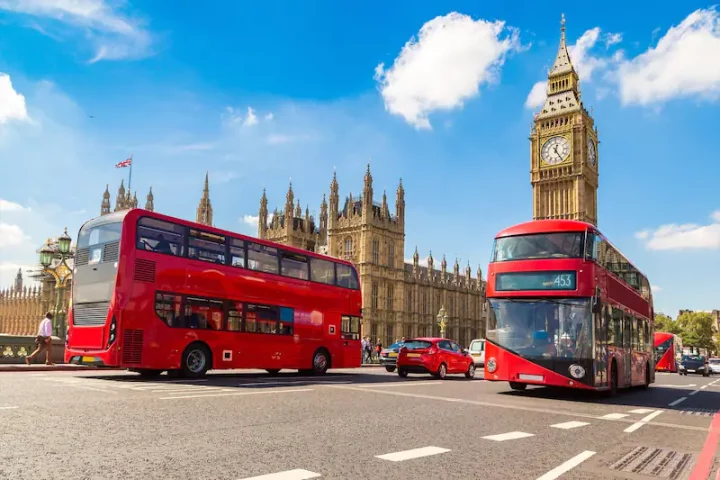On Black Friday, James Withey, Head of Strategy at FutureBrand, looks at the increasingly polarised responses companies have towards the event, and the opportunity for brands to be doing more.
Black Friday has well and truly become a ‘thing’: a critical punctuation point between Halloween (also now a ‘thing’) and Christmas. It was originally sparked into life by electricals retailers looking to shift stock and its early champions in the UK included those US brands who effectively imported it – the likes of Amazon, and what you might describe as mainstream retail brands, such as Argos.
Since then, almost every brand from any sector and every level of premium has jumped on board. Some have managed to bring a distinctive brand lens to Black Friday – to ‘own’ their own way of doing it, or not doing it. Amazon, true to its brand, simply goes really early and really big. Whereas Patagonia doesn’t go at all.
But many brands haven’t found a distinctive Black Friday voice and it remains a grey area for them. Whether this is a lack of imagination or a reluctance to really get into the fray, it’s an opportunity lost for many brands to ‘do’ Black Friday in their own way, at a time when consumer eyeballs are on them.
That said, this reluctance is perhaps understandable given that retail brands increasingly feel compelled to enter into what we might call ‘the long sale’. Traditionally, there were two main punctuation points for brands going on sale – January and the Summer.
Today, there are mid-season sales, price-matching sales, discount codes a-go-go, 20% off ‘just because’, as well as outlet sales. Viewed in this context, Black Friday has become just another day in that long sale, where brand is – literally and figuratively – discarded in favour of a long, slow slog to the bottom.
Even so, Black Friday has gained significant momentum since its inception and it takes guts for a brand to buck the trend.
The decision of M&S to eschew Black Friday as it simply ‘sucks the sale forward’, in the words of CEO Steve Rowe, is a bold move. Bolder still is American beauty brand Deciem, which will actually be closing all its stores and its website for the duration of the day this year, citing a stance against hyper-consumerism.
This is an interesting position, and we’re set to see more of it. As sustainability and wastefulness continue to influence consumer decision-making, spending money on ‘stuff’ when it’s not for a good reason is becoming increasingly problematic.
It’s already hitting fast fashion and it will increasingly hit the technology sector too, with its in-built obsolescence being seen as wasteful. Black Friday, as a manufactured initiative to encourage people to spend where they might not have ordinarily, will become an interesting barometer and testing ground of this trend.
For the brands that fall in between Amazon and Decimen’s polarised approaches to Black Friday, there’s an enormous potential benefit – and need – for brands to engage with it in a way that makes it relevant and meaningful to them and their customers.
As the backlash against consumerism and fast fashion continues, brands increasingly need a clear reason to participate, beyond simply selling more stuff to more people. Otherwise, one November soon, we might see Black Friday going dark for good, along with the opportunity to drive purpose through a high profile annual experience.

